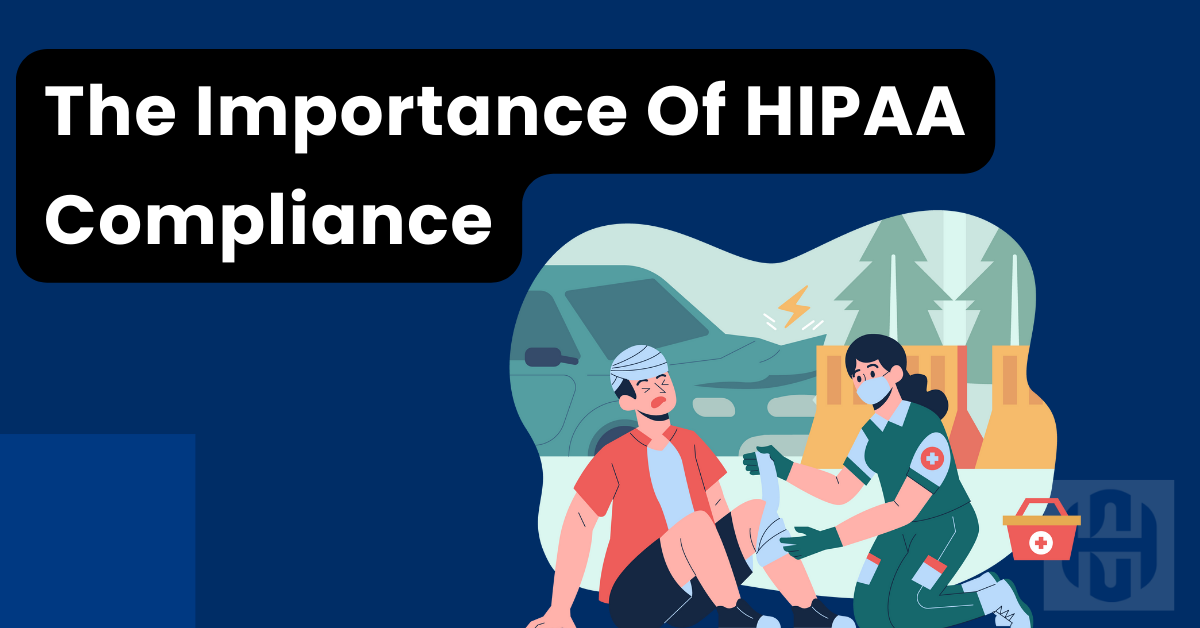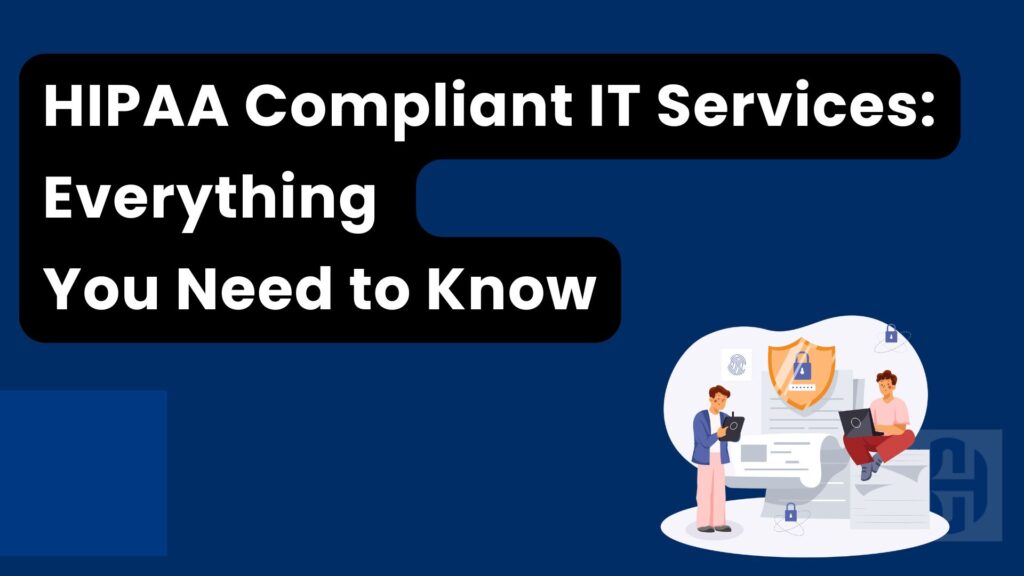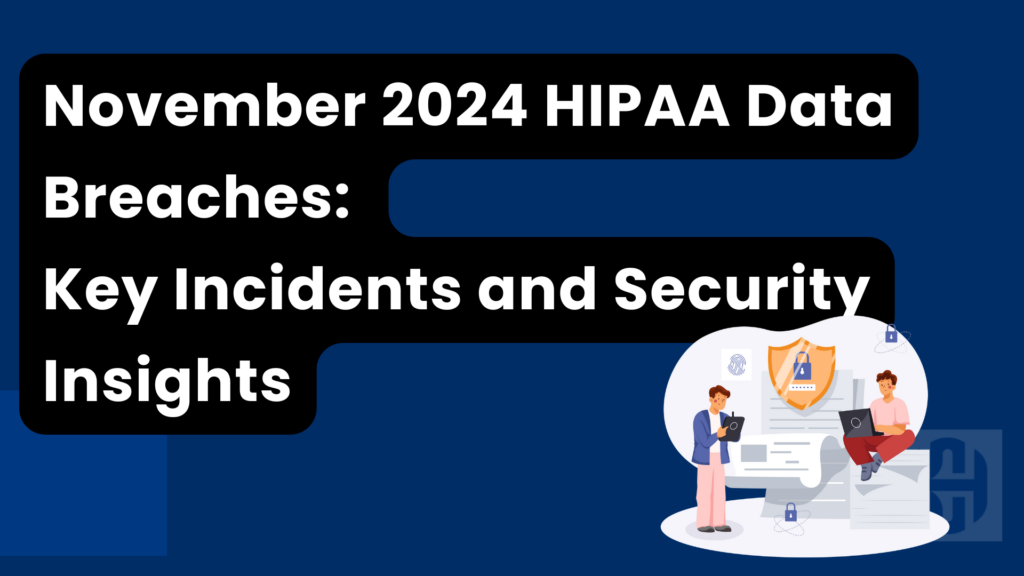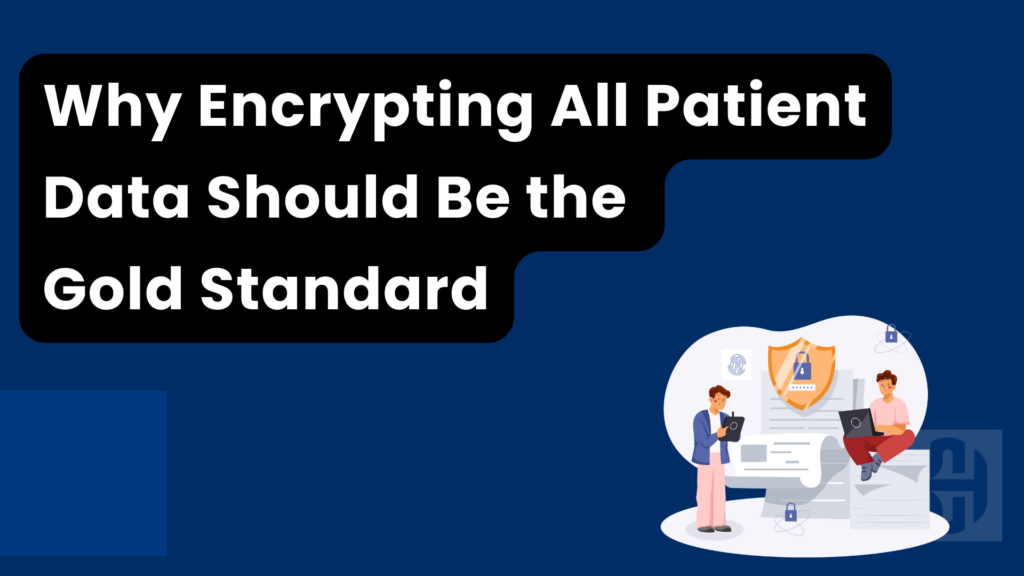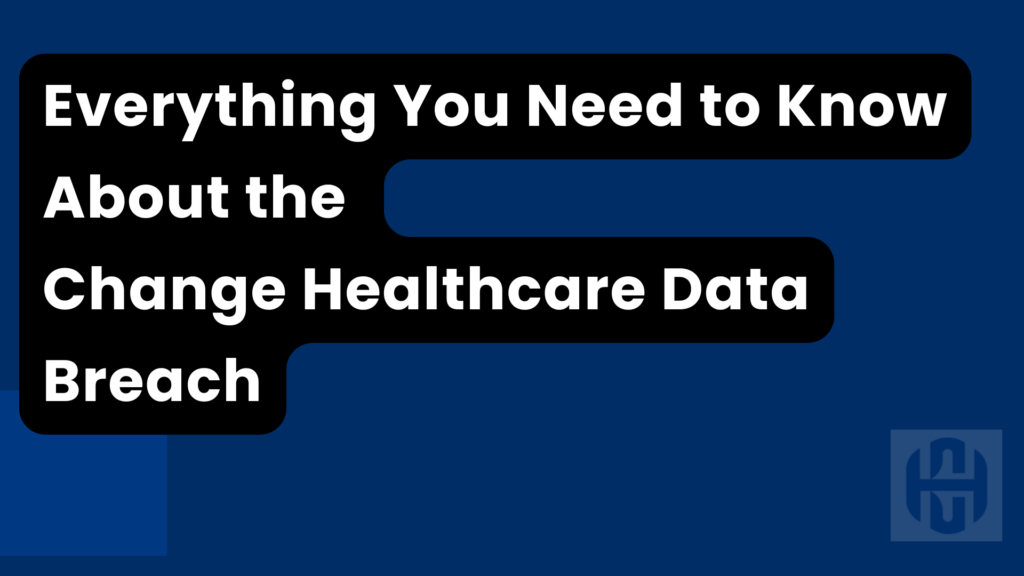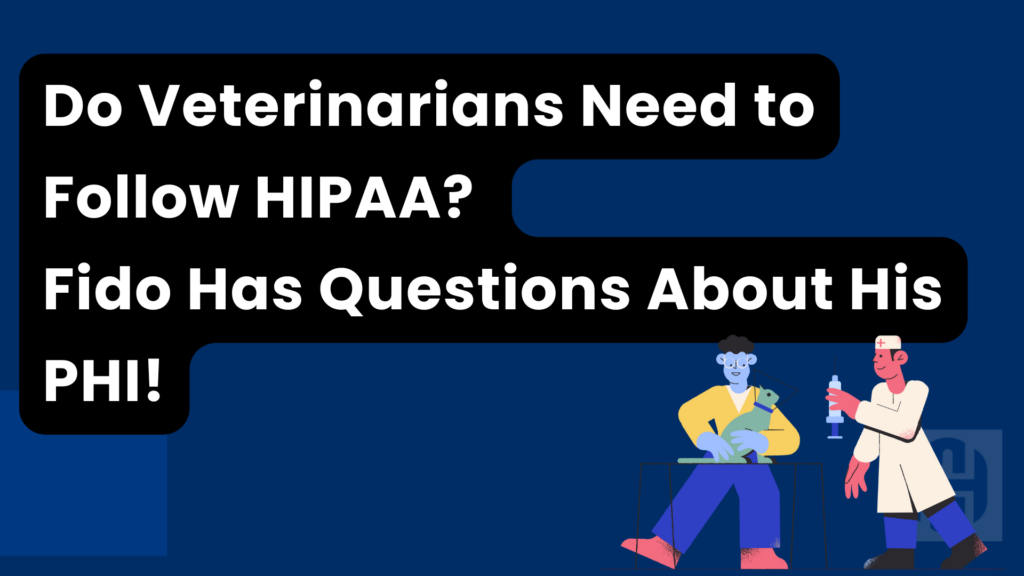Introduction
HIPAA compliance is a critical aspect for any organization handling protected health information (PHI). The Health Insurance Portability and Accountability Act (HIPAA) was enacted to ensure the privacy and security of sensitive patient data. Compliance with HIPAA regulations is not just a legal obligation but also a moral imperative to protect patient privacy. This article explores the importance of HIPAA compliance, the potential consequences of non-compliance, and best practices for maintaining compliance.
What is HIPAA Compliance?
HIPAA compliance refers to adhering to the guidelines set forth by the Health Insurance Portability and Accountability Act. These guidelines are designed to protect the privacy and security of PHI. HIPAA regulations cover various aspects, including the use, disclosure, and protection of PHI. Compliance involves implementing appropriate administrative, physical, and technical safeguards to ensure the confidentiality, integrity, and availability of PHI.
Key Components of HIPAA Compliance
Administrative Safeguards
Administrative safeguards are policies and procedures designed to manage the selection, development, implementation, and maintenance of security measures to protect PHI. These include:
- Risk analysis and management
- Workforce training and management
- Contingency planning
- Security incident procedures
Physical Safeguards
Physical safeguards involve controlling physical access to protect against inappropriate access to PHI. These measures include:
- Facility access controls
- Workstation use and security
- Device and media controls
Technical Safeguards
Technical safeguards are technology and related policies and procedures used to protect PHI and control access to it. These include:
- Access controls
- Audit controls
- Integrity controls
- Transmission security
Importance of HIPAA Compliance
Protecting Patient Privacy
One of the primary goals of HIPAA is to protect patient privacy. By adhering to HIPAA regulations, organizations ensure that patient information is handled with the highest level of confidentiality. This protection is crucial for maintaining patient trust and safeguarding sensitive health information.
Enhancing Data Security
HIPAA compliance requires organizations to implement robust security measures to protect PHI. These measures help prevent data breaches and unauthorized access, ensuring that patient information remains secure. Enhanced data security is essential for protecting against cyber threats and ensuring the integrity of health information.
Legal and Financial Implications
Non-compliance with HIPAA regulations can result in significant legal and financial consequences. Organizations may face substantial fines, legal action, and reputational damage. By maintaining HIPAA compliance, organizations can avoid these penalties and protect their financial stability.
Building Trust with Patients
Patients entrust healthcare providers with their sensitive information. Demonstrating a commitment to HIPAA compliance helps build trust with patients, ensuring them that their information is safe. This trust is essential for maintaining strong patient-provider relationships and ensuring patient satisfaction.
Potential Consequences of Non-Compliance
Legal Penalties
Non-compliance with HIPAA can result in severe legal penalties. The Office for Civil Rights (OCR) can impose fines ranging from $100 to $50,000 per violation, with a maximum annual penalty of $1.5 million. In some cases, criminal charges may also be filed against individuals responsible for the violation.
Financial Losses
In addition to legal penalties, non-compliance can lead to significant financial losses. Data breaches and security incidents can result in costly remediation efforts, legal fees, and settlement costs. The financial impact can be devastating for organizations, particularly smaller healthcare providers.
Reputational Damage
A data breach or HIPAA violation can cause significant reputational damage. Patients may lose trust in the organization, leading to a loss of business and a tarnished reputation. Rebuilding trust and repairing a damaged reputation can be a lengthy and challenging process.
Best Practices for Maintaining HIPAA Compliance
Regular Risk Assessments
Conducting regular risk assessments is essential for identifying potential vulnerabilities and ensuring compliance. Risk assessments help organizations understand their security posture and implement appropriate measures to protect PHI.
Employee Training and Awareness
Training employees on HIPAA regulations and best practices is crucial for maintaining compliance. Regular training sessions help ensure that employees understand their responsibilities and are equipped to handle PHI securely.
Implementing Robust Security Measures
Organizations must implement robust security measures to protect PHI. This includes using encryption, access controls, and secure communication methods. Regularly updating and patching systems is also essential for maintaining security.
Monitoring and Auditing
Regular monitoring and auditing of systems and processes help ensure ongoing compliance. Organizations should conduct internal audits to identify potential compliance issues and address them promptly.
Developing and Updating Policies and Procedures
Organizations should develop comprehensive policies and procedures that align with HIPAA regulations. These policies should be regularly reviewed and updated to reflect changes in regulations and the organization’s operations.
The Role of Technology in HIPAA Compliance
Electronic Health Records (EHRs)
Electronic Health Records (EHRs) play a significant role in managing patient information securely. Implementing EHR systems that comply with HIPAA regulations helps ensure the confidentiality and integrity of patient data.
Secure Communication Tools
Using secure communication tools, such as encrypted email and secure messaging, helps protect PHI during transmission. These tools ensure that sensitive information is not exposed to unauthorized individuals.
Automated Compliance Solutions
Automated compliance solutions can streamline the process of maintaining HIPAA compliance. These solutions provide tools for managing risk assessments, tracking compliance, and generating audit reports.
Conclusion
HIPAA compliance is essential for protecting patient privacy, enhancing data security, and avoiding legal and financial penalties. By understanding the importance of HIPAA compliance and implementing best practices, organizations can ensure the confidentiality, integrity, and availability of sensitive health information. Maintaining HIPAA compliance is not just a legal obligation but a commitment to safeguarding patient information and building trust with patients. Contact HIPAA Certify to answer any questions you have about HIPAA Compliance.
